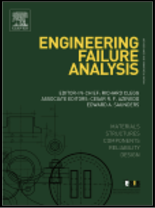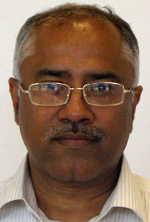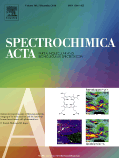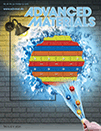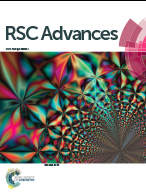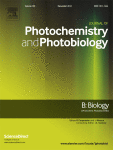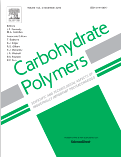 Bowing to outraged scientists, the American Physical Society (APS) has retracted a press release (archived here) it issued yesterday that urged President-elect Donald Trump to “Make America Great Again” by strengthening “scientific leadership.”
Bowing to outraged scientists, the American Physical Society (APS) has retracted a press release (archived here) it issued yesterday that urged President-elect Donald Trump to “Make America Great Again” by strengthening “scientific leadership.”
The statement, attributed to Tawanda Johnson, in the APS’ Washington, D.C. office, congratulated Trump on his victory over Hillary Clinton and said the nation must “reclaim its scientific leadership, which it has lost during the past decade. APS believes that such policies” — which it did not specify — “will help the Trump administration achieve its goal captured by its slogan, “Make America Great Again.”
The release goes on to claim that the United States ranks 10th worldwide in “overall innovation,” thanks in part to less-than-adequate funding for scientific research.
Social media went predictably bonkers as the release made the rounds. From Twitter: Continue reading Make America Retract Again: Physics group yanks release that quoted Trump, angered scientists
